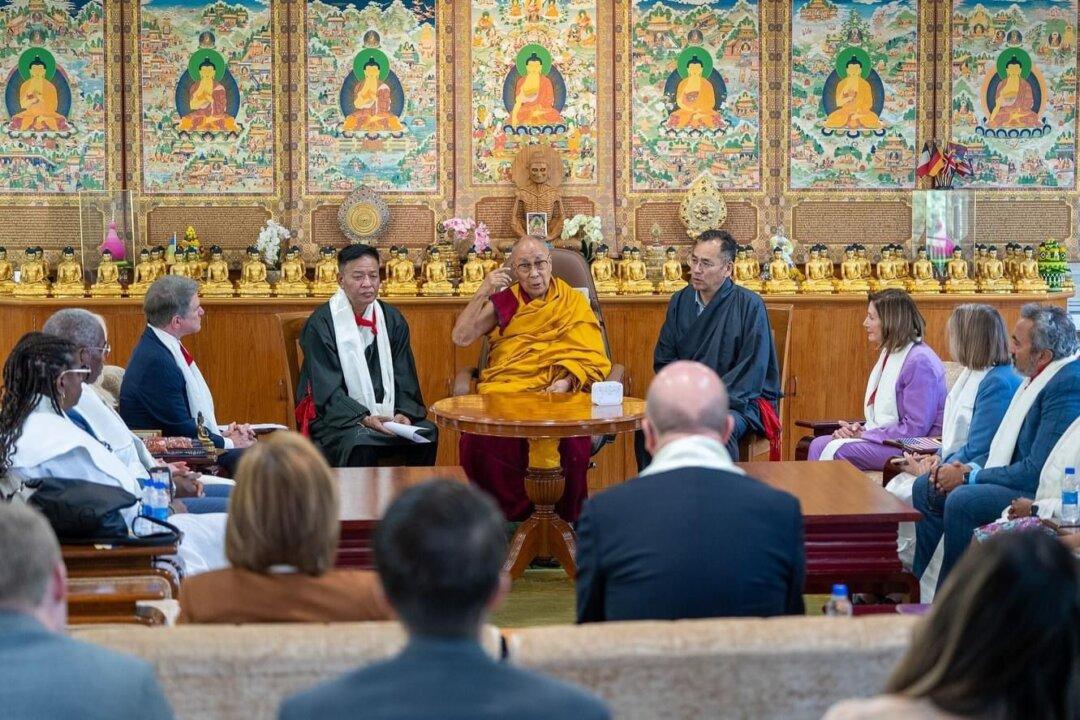NEW DELHI—Tibet’s government in exile on July 17 officially expressed gratitude to U.S. President Joe Biden for signing the Resolve Tibet Act, enacted on July 12.
Karma Choeying, secretary of information for the Central Tibetan Administration (CTA) in Dharamshala, India, said at a ceremony on July 18 that the law would help counter the Chinese regime’s disinformation and false narratives about Tibet.





